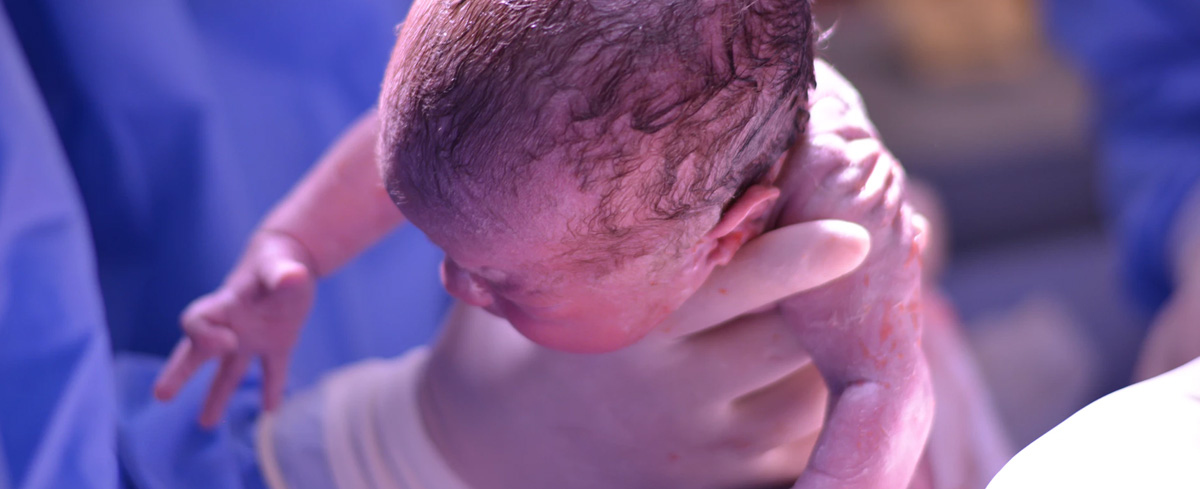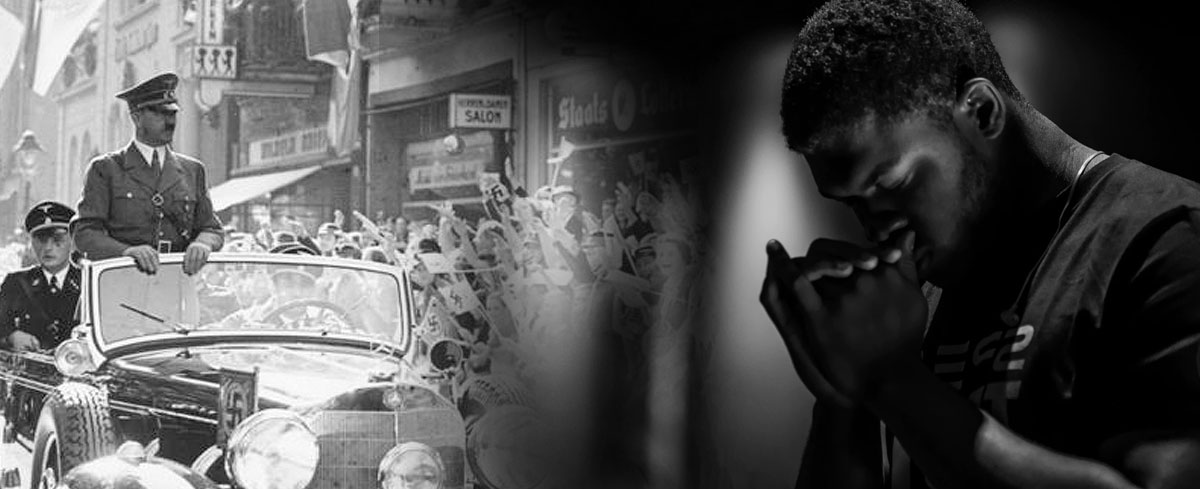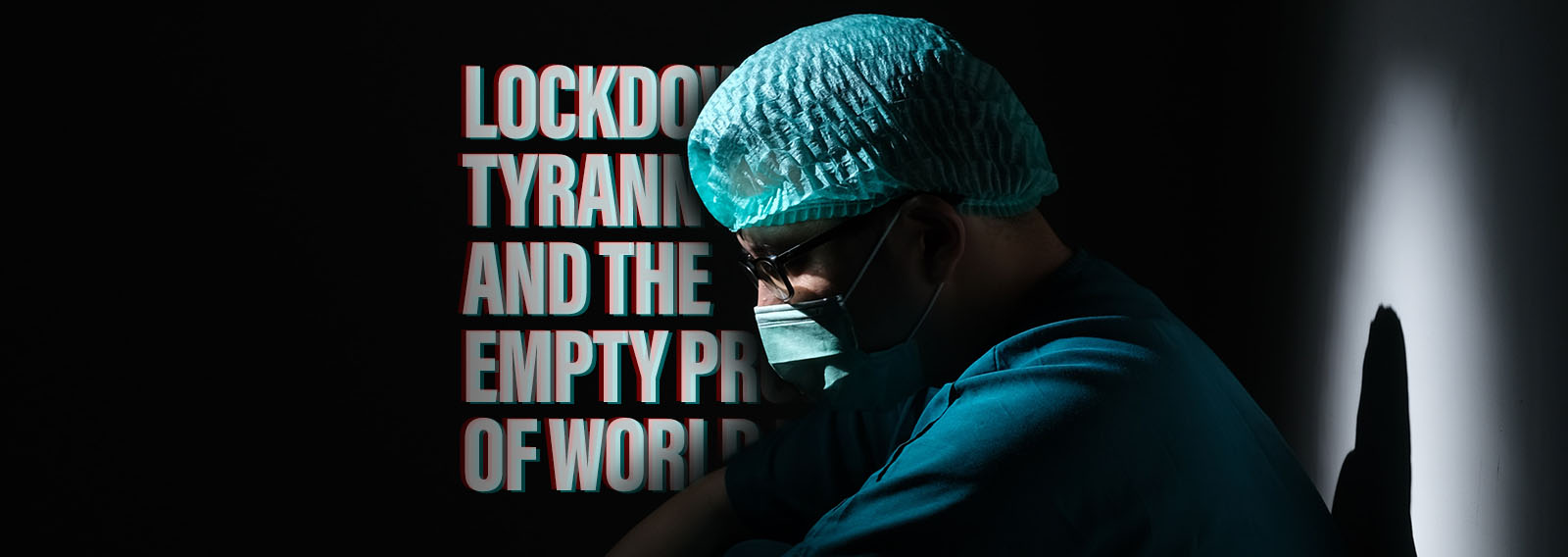On November 12, the NSW/ACT Baptists voted in favour of a motion to require all of its ministers and member churches to affirm a Biblical perspective of marriage. Churches not in agreement will not be able to remain in the union. (I am thankful that my own state denomination had the wisdom and foresight to affirm such a position in 2018).
What interested me, in particular, were the responses from several Baptist academics in NSW/ACT that endeavoured to frame the issue as a matter of conscience or a non-core issue. This is evident in Erin Martine Sessions’ opinion piece for the ABC in which she writes:
So, if the Baptist Association of New South Wales and the ACT wants to disaccredit me for thinking, for dissenting over category errors and logical fallacies, over eschewing history and Baptist identity, over a reductionistic view of marriage, for exercising freedom of conscience, thought, and interpretation, then they can pry my accreditation from my cold, dead hands. People were burnt at the stake and drowned in lakes for Baptist beliefs and practices. Maybe next time we vote, we can at least do them the honour of remembering what it means to be Baptist.
This reframing of marriage to a second-order matter is also evident in Michael Frost’s blog post on the subject:
But instead of rallying to fulfill these bold visions for Christian mission, we’re debating the ins and outs of how to expel a tiny number of churches that don’t agree with the majority on yet another non-core issue.
As well as the CEO of Baptist Mission Australia, Scott Pilgrim:
While on agenda papers, the topic for debate may relate to issues regarding views on marriage and sexuality, surely the deeper heart issue for Baptist people relates to convictions on respecting difference, autonomy of local churches and the liberty of conscience.
There is much in these articles that highlight the extent of progressive theology, for example, Erin Martine Sessions dismisses the traditional view of marriage as a “modern legal concept” as opposed to the Biblical norm. But what drew my attention, having just co-authored a book on the Baptist distinctive of ‘liberty of conscience’, is how woefully short of Baptist history these appeals to categorise marriage as a matter of conscience fall. The Baptist distinctive of ‘liberty of conscience’ was never a liberty to disobey the commands of God, rather, it’s a liberty to be afforded in disputable matters.
It is evident that the aforementioned Baptist figures are unclear of what is explicit in Baptist History in regards to ‘liberty of conscience’ and non-core issues. The source material of the seventeenth and eighteenth centuries that pertain to the Baptist’s plea for liberty of conscience was always in the context of the extent and limits of the coercive force granted by God to the state.
The clearest statement that I found regarding the role of the State, and thus the limits of their power acting on conscience was in the works of Roger Williams. Roger Williams was largely recognised as the first Baptist in America, being banished from the Massachusetts Bay colonies and founding the colony of Providence (Rhode Island). Roger Williams had written into the town charter, “all men may walk as their consciences persuade them.” Though this liberty was to never be in contradiction to the Word of God. Roger Williams provides the clearest exposition of the dividing line between state authority and individual conscience in his 1644 work “The Bloudy Tenent of Persecution for the sake of Conscience” and his 1652 second volume of the work “The Bloody Tenent, Yet More Bloody.” In the second volume, he writes:
Hence the wisdome of God, in that 13 Rom. I say, there it pleaseth God expresly to reckon up the particulars of the second table, chalking out (as it were) by his own finger, the civil sphear or circle, in which the civil Magistrate ought to act and execute his civil power and Authority.”
Williams, R. (1870). The Bloody Tenent Yet More Bloody. (S. L. Caldwell, Ed.) (Subscribers’ Edition, Vol. IV, p. 144). Providence RI: Narragansett Club.
How does this apply to liberty of conscience? Well, the Baptist forebears, of whom Roger Williams was a giant, would not have argued that marriage was simply a minor quibble for the church, but a major issue, of which its sanctity was to be guarded by the state. Note what Roger Williams says, the sphere given to the civil magistrate (i.e., Romans 13) by God, was ‘the second table.’ ‘The second table’ is a reference to the last six commands of the law of Moses, inclusive of the command “You shall not commit adultery” (Ex. 20:14).
This command forbidding adultery reflects the creation ordinance of marriage of one man and one woman for life, reiterated by the Lord Jesus Christ himself. The early Baptists would have been aghast, that “liberty of conscience” which was forged in the fires of immense persecution, would be abused and malformed into a liberty to break the law of God, a law that they believed was given to the state to guard.
This sentiment of state-conscience boundary is affirmed in other Baptist writings such as Isaac Backus’ 1773 work, “An Appeal to the Public for Religious Liberty, against the Oppressions of the Present Day”:
…this chapter [Romans 13] treats the most fully of the nature and end of civil government of any one in the new-testament, does it not clearly shew that the crimes which fall within the magistrates jurisdiction to punish, are only such as work ill to our neighbour? Rom. 13:1–10. While church government respects our behaviour toward God as well as man.
Backus, I. (1773). An Appeal to the Public for Religious Liberty, against the Oppressions of the Present Day (pp. 11–12). John Boyle.
It should be noted that Isaac Backus was a devout student of Roger Williams, having written a biographical account of the man.1 It was Backus’ intention to bring the works of Williams to bear in the persecution of his own day some eighty years after Williams’ death. When Backus wrote on Romans 13, he reflected the thought of Williams, that civil government had authority over the ‘second table’ of the law of Moses.
Across the Atlantic in the seventeenth century, and particularly as a result of the uniformity act (that saw John Bunyan jailed for twelve years), the English Baptists also fought the battle for liberty of conscience. In a letter written in 1660 pleading for toleration, written by the Baptist Thomas Grantham, and co-signed by thirty-five Baptist ministers, it again reflects the sphere of the state and the role of conscience. Arguing from ‘The parable of the wheat and the tares’ in Matthew 13 (a key passage in the defense of liberty of conscience) these Baptists note that:
For by the tares, which he forbids the pulling up, cannot be intended the transgressors of the second table, such as thieves, murderers, or any that should do that civil injury or wrong unto another, which he would not have done unto himself.
Crosby, T. (2011). The History of the English Baptists (Vol. 2, p. 118). Logos Bible Software.
Among many other things, this indicates, that these English Baptist forbears (reflecting the work of the earlier anabaptists) understood that the state had a role in upholding the second table. The “Such as” in the above quote, would have included the command of marital fidelity.
This is all to say, that to be historically faithful, the battle that Baptists should be fighting is to have the state recognise that one of their God-ordained roles is to protect the sanctity of Biblical marriage. Not to invert marriage into something wicked. The place of marriage in God’s purpose is not a minor matter for the church to quibble over, but for the state to guard with all its might. If Baptists like Roger Williams and Isaac Backus were with us today, they would, without a doubt, be petitioning the state to guard the sanctity of marriage by law, and outlaw perversions of this sacred union.
Where was liberty of conscience to be afforded? Isaac Backus summarises the compendium of Williams’ work, “the civil magistrate might not punish any breach of the first table.”2 The ‘first table’ here relates to the first four commands of the law of Moses, which relate to the relationship of the individual and God. Williams expressed it this way in his work “The Bloudy Tenent of Persecution”:
For beside this that a man may be persecuted because he holdeth or practiseth what he believes in conscience to be a Truth, (as Daniel did, for which he was cast into the Lyons den, Dan. 6) and many thousands of Christians, because they durst not cease to preach and practise what they beleeved was by God commanded, as the Apostles answered (Acts 4 & 5) I say besides this a man may also be persecuted, because hee dares not be constrained to yeeld obedience to such doctrines and worships as are by men invented and appointed.
Williams, R. (1867). The Bloudy Tenent of Persecution (S. L. Caldwell, Ed.; p. 63). Narragansett Club.
The last decade has seen western governments invert the law of God, punishing citizens on matters that pertain to religion and conscience (matters of the first table of the law of Moses), and celebrating those who violate the second table of the law of Moses.
And for the church, the matter of marriage allows no room for dissent, either you affirm God’s standard or you make God out to be a liar!
1 Backus, I., & Weston, D. (1871). A History of New England with Particular Reference to the Denomination of Christians Called Baptists (Second Edition, Vol. 1, pp. 39–41). The Backus Historical Society.
2 Backus, I., & Weston, D. (1871). A History of New England with Particular Reference to the Denomination of Christians Called Baptists (Second Edition, Vol. 1, p. 41). The Backus Historical Society.


















